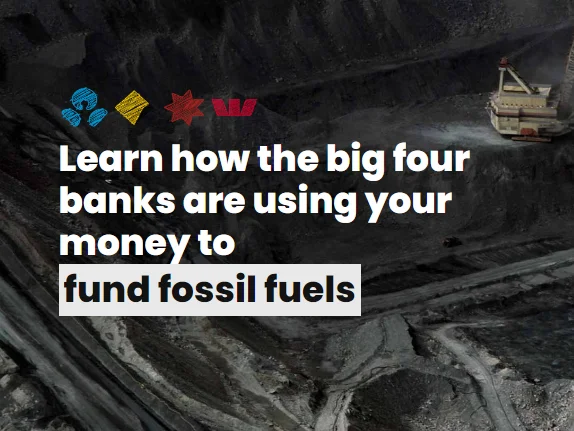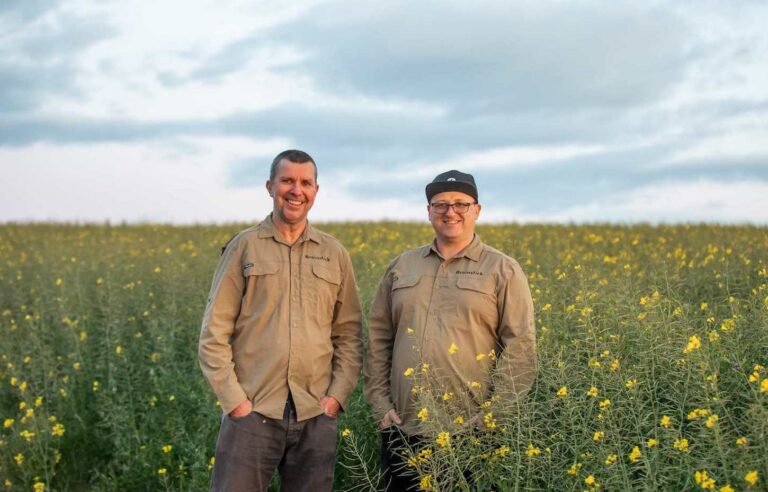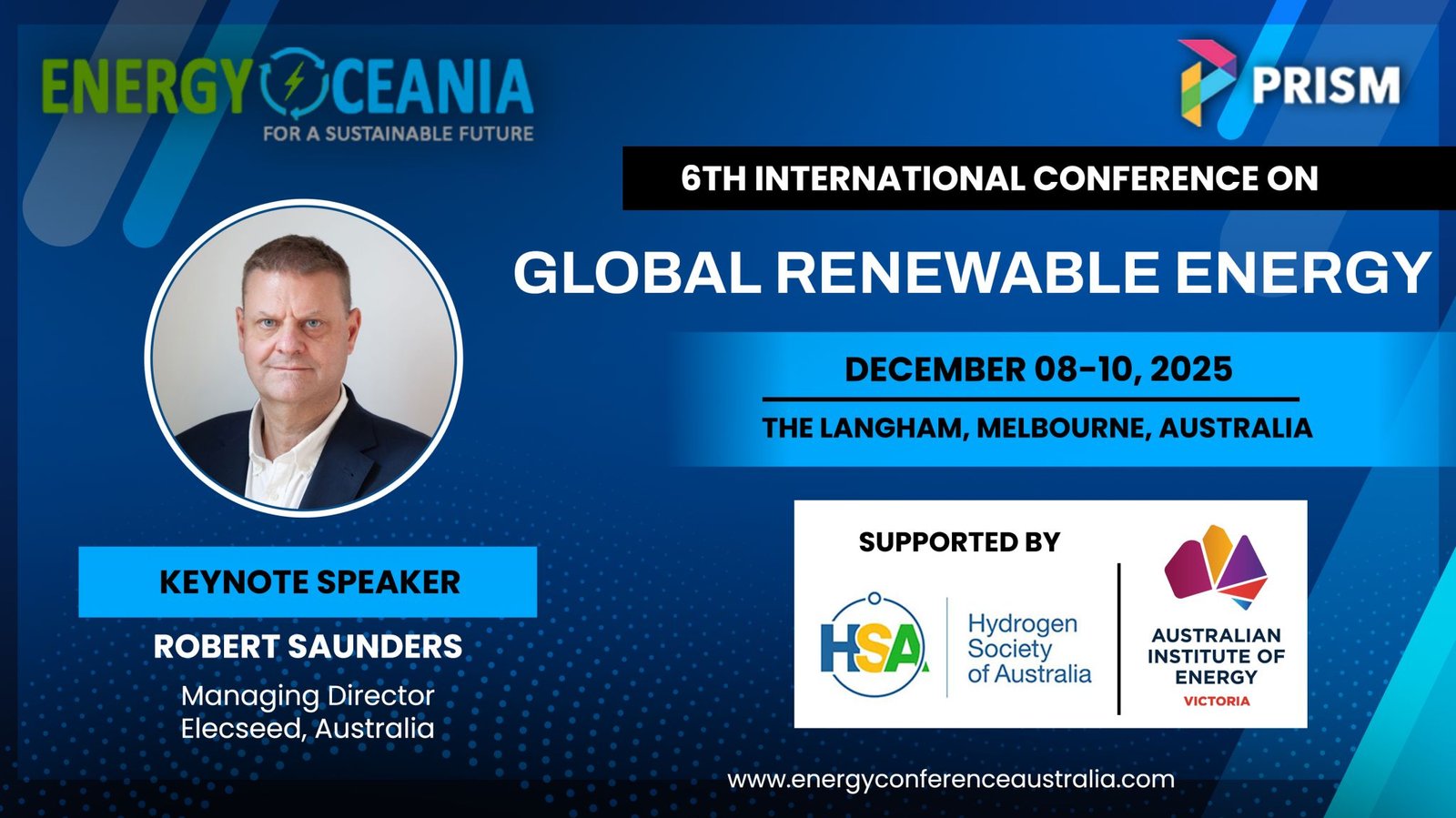Banks are NAB, and COMM Bank plus ANZ and Westpac who are financing climate destroying projects in emerging Asian countries.
Image: Marketforces
All of the big four Australian banks have committed to the goals of limiting warming to 1.5°C and net-zero emissions by 2050. Yet despite the scientific consensus that new and expanded fossil fuels are incompatible with these goals, the banks continue to recklessly finance companies pursuing these projects, completely undermining their climate credentials in the process.
The environmental group Market Forces recent report has exposed Australia’s leading banks have faced criticism for their ongoing financial backing of fossil fuel initiatives. In 2023, they extended a collective sum of AU$3.6 billion (equivalent to US$2.43 billion) in loans. Notably, nearly 70% of these funds were allocated to companies that are actively expanding operations in the coal, oil, and gas industries.
“The big four banks are engaged in a monumental façade, as long as they continue undermining a safe climate by funneling billions to companies steaming ahead with more coal, oil and gas,” said Kyle Robertson, senior banks analyst at Market Forces and author of the report.
The four banks have also raised AU$2.2 billion (US$1.49 billion) for the fossil fuel industry through the bond market in 2023, inclusive of AU$1.4 billion (US$0.95 billion) for companies with expansion plans.
Former Westpac Chairman, John McFarlane highlighted the problem with providing ‘general corporate finance’ to companies expanding fossil fuels at the bank’s AGM in December 2023, citing that banks have no control over what the money is used for:
“Where it is a general amount of money we lend to a customer, that is not related to project finance, we have no control over where that money goes afterwards.”

Image: Market Forces: Disclaimer: This map is an approximate guide only and does not necessarily reflect the exact locations of planned fossil fuel developments and associated infrastructure.
JERA has stakes in both Barossa and Scarborough, and is involved in a staggering amount of new gas power projects in Bangladesh and Vietnam.
JERA is a major player in the Japan-led fossil gas expansion in Asia, pursuing five LNG import terminals and LNG to power projects with nameplate capacity of 11.6GW in Bangladesh and Vietnam, effectively trying to lock these countries into dirty and expensive fossil fuels instead of renewable energy. Perhaps most egregious of these examples is the pursuit of carbon bomb LNG projects in the Chattogram region of Bangladesh.
Asia is rapidly becoming a focal point for the expansion of gas power projects and infrastructure. The Global Energy Monitor reports that an astonishing 63% of the proposed new gas power capacity globally is slated for Asia. Even in the face of resistance from local populations, the fossil fuel sector is advancing expensive projects that have significant environmental impacts. Financial institutions, including ANZ and Westpac, are facilitating this development.
Data driven by Bloomberg collated in Banking on Climate Chaos gives Top 12 banks financing fossil fuels globally, 2016–2023.
Gas power projects, while often marketed as a cleaner alternative to coal, still have several environmental impacts. Here are some key concerns:
- Greenhouse Gas Emissions: Natural gas plants emit carbon dioxide (CO2) when the gas is burned for energy. Although less than coal, these emissions contribute to global warming and climate change.
- Methane Leakage: During extraction and transportation, methane, a potent greenhouse gas, can leak into the atmosphere. Its impact on climate change is much stronger than CO2 over a 20-year period.
- Air Pollution: Combustion of natural gas produces nitrogen oxides (NOx), which contribute to the formation of smog and respiratory problems.
- Water Usage: Gas power plants use significant amounts of water for cooling, which can strain local water resources, especially in arid regions.
- Habitat Disruption: The infrastructure required for gas extraction and transportation can fragment habitats and threaten wildlife.
- Soil and Water Contamination: Accidental spills and leaks during the hydraulic fracturing process can contaminate soil and groundwater.
These impacts highlight the importance of considering environmental costs in the development of energy projects and the need for a transition to truly clean and renewable energy sources to mitigate these effects.
Here are some banks that, according to Market Forces, do not currently fund fossil fuels:
- Triodos Charity Bank
- The Co-operative Bank
- Starling Bank
- Monzo
- Atom Bank
- Revolut
Market Forces was launched in January 2013. Discover the impact we’ve had since then. About HERE+












